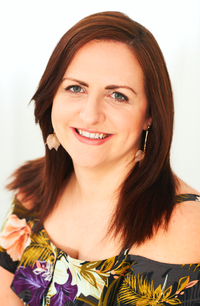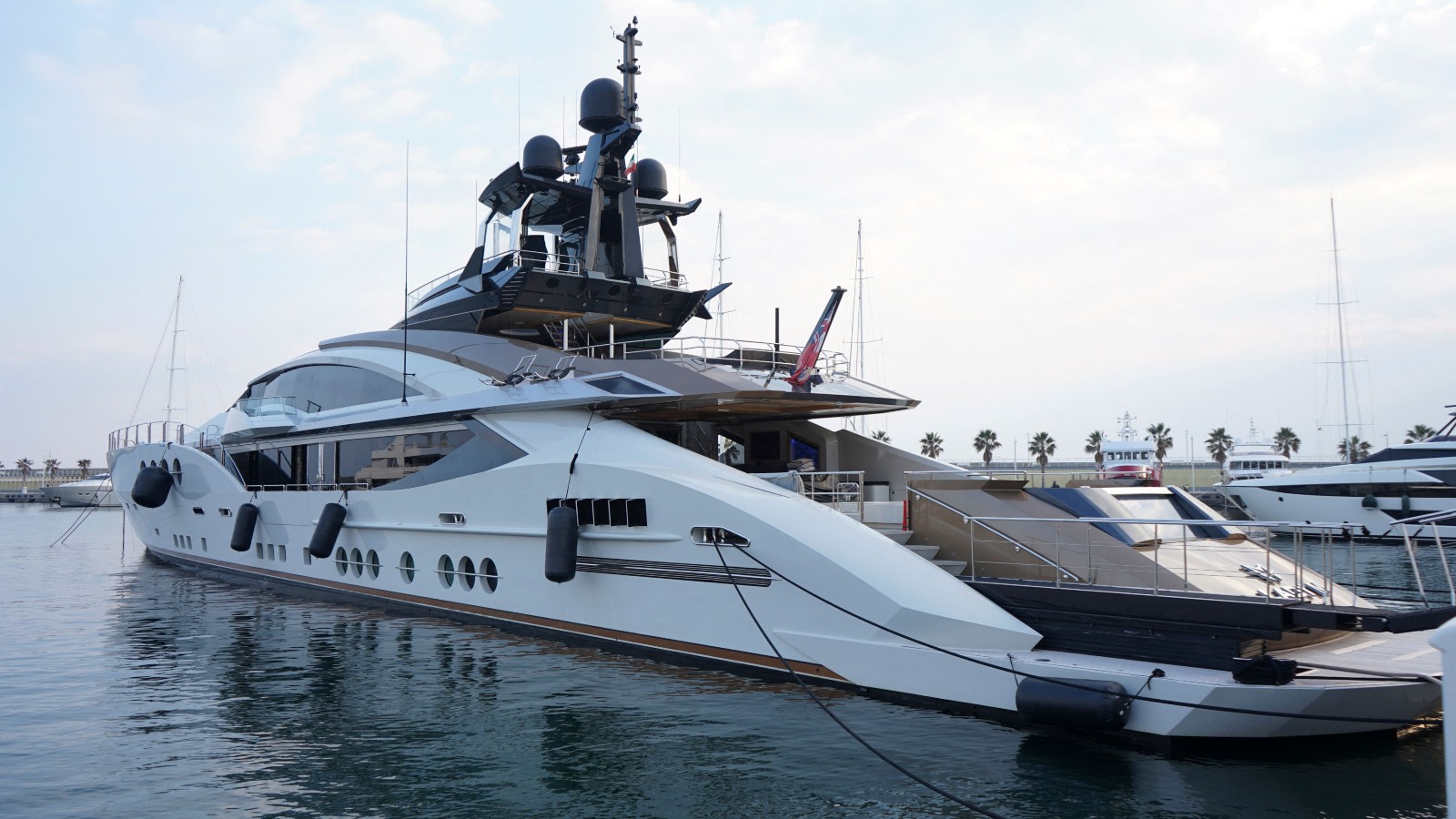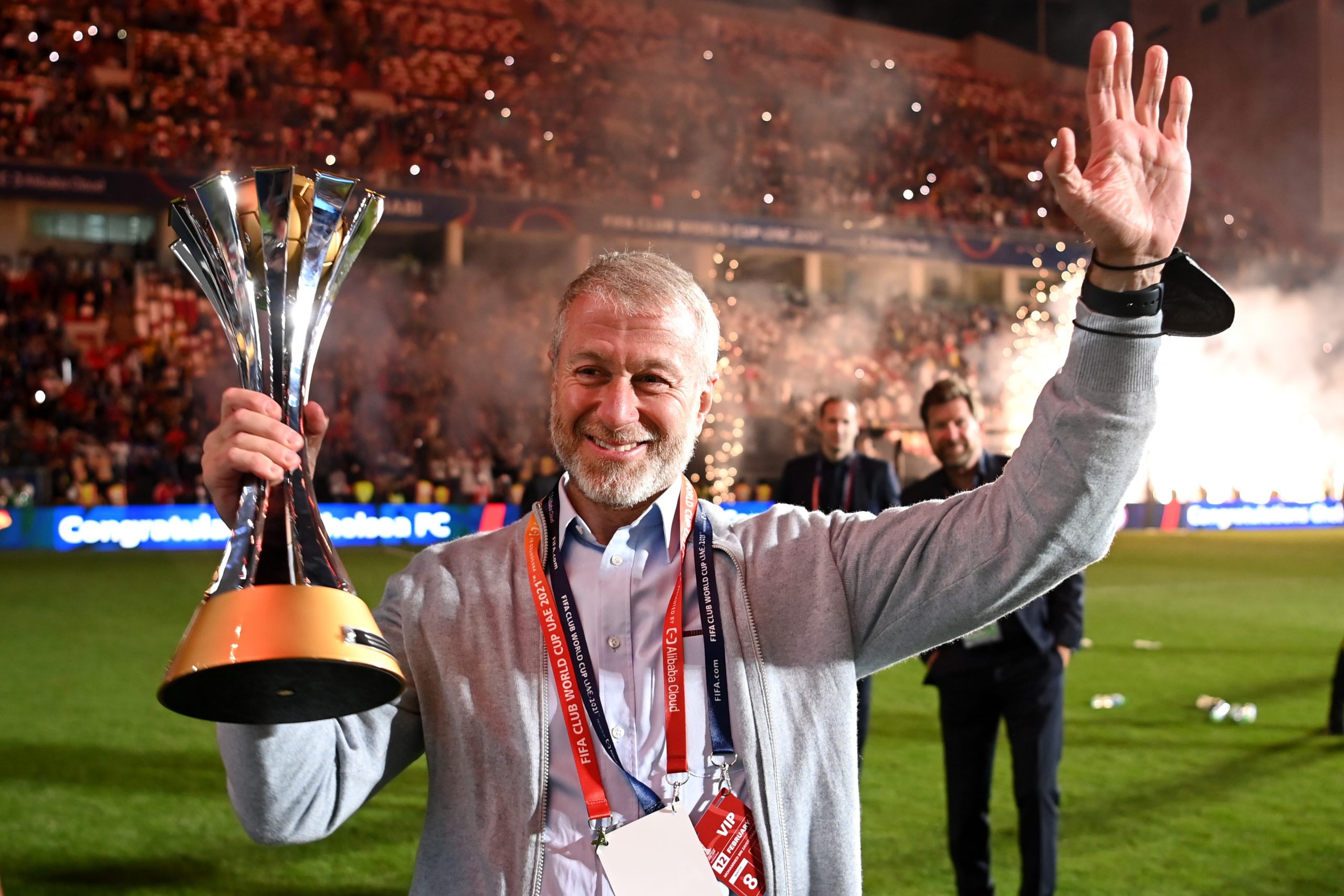What is a Russian oligarch and how do you pronounce it?


Parenting advice, hot topics, best buys and family finance tips delivered straight to your inbox.
You are now subscribed
Your newsletter sign-up was successful
As the conflict between Russia and Ukraine shows no sign of easing, there are talks of a 'crackdown' on Russian oligarchs but for some it's an unfamiliar term as people following the ongoing developments ask, 'what is a Russian oligarch?'
The humanitarian crisis is heartbreaking to watch ever since Russia started invading Ukraine, and as the days of combat go on, many more civilians have been pictured fleeing with their children in search of safety, but some were not so fortunate enough to reach Ukraine clothes donations at the boarders as they have been killed at the very start of their journey.
On the 11th day of the conflict, men, women and children were needlessly targeted and their neighbourhoods reduced to ruins. Three members of the same family were among those killed in the attack by Vladimir Putin's forces on Irpin, a town 12 miles from Kyiv. Horrific images captured the terrifying experience of mothers, fathers, grandparents and children running from Russian artillery fire.
And after ceasefires, brokered by the Red Cross, were breached and humanitarian corridors were closed across Ukraine, the UK Government said Russia was targeting 'populated areas' to break the resistance of the Ukrainian people.
Elected representatives of NATO or politicians in a position to directly enforce Russian sanctions has seen France, Germany and Italy seize Putin associates’ yachts there was talk of the UK implementing a crackdown on Russian oligarch and we look at what it means...
What is a Russian oligarch?
A Russian oligarch is a businessman who is among the country's richest and most powerful people. The term 'oligarch' is often used in the press to describe these Russian businessmen with links to the former Soviet republics who rapidly accumulated wealth during the era of Russian privatisation - at the time when the Soviet Union officially ended in the 1990s. They typically own jets, yachts and mansions as part of their assets.
For example, Chelsea Football club owner Roman Abramovich is considered a Russian oligarch as he is a billionaire Russian oligarch and politician. While he has not been targeted for UK sanctions, the Russian billionaire said last week he would sell Chelsea Football Club and promised to donate money from the sale to help victims of the war in Ukraine.
Parenting advice, hot topics, best buys and family finance tips delivered straight to your inbox.
It's reported that the majority of his fortune is derived from proceeds he collected selling previously Russian state-owned assets he acquired following the fall of the Soviet Union. He began divesting his stakes in the companies in 2003, when he sold 26% of Aeroflot to the National Reserve Bank for $135 million.

How do you pronounce oligarch?
You pronounce the word oligarch phonetically like this o·luh·gaak. The word can be pronounced two ways, it is stressed on the first syllable 'O', so the word can say 'Ah' or 'Oh'. The second syllable 'li' is short and unstressed and sounds like 'luh' And the letter 'ch' make the K sound making it 'Ah-luh-gark' or 'Oh-luh-gark'.
You can watch a YouTube video of the explanation below...
https://www.youtube.com/watch?v=-I2ibuLdmvA
What does oligarchy mean?
In simple terms oligarchy means government by the few - a small and privileged group who use their power over other people in a very unfair or cruel way. Oligarchies in which members of the ruling group are wealthy or exercise their power through their wealth are known as plutocracies.
US President Joe Biden warned he was drawing up a list of Russian oligarchs for his US sanctions list, “We are joining with our European allies to find and seize your yachts, your luxury apartments, your private jets. We are coming for your ill-begotten gains."
Who are oligarchs in Russia?
The oligarchs in Russia are the ultrawealthy business elites with disproportionate political power. They are said to have emerged in two distinct waves.
- The first oligarchs emerged out of the privatisation of the 1990s - particularly the all-cash sales of the largest state-owned enterprises after 1995. This process culminated in the infamous "loans for shares" scheme, which transferred stakes in 12 large natural resource companies from the government to select tycoons in exchange for loans intended to shore up the federal budget. But what it saw was the government intentionally default on its loans, allowing its creditors - the oligarchs-to-be - to auction off these stakes in giant companies such as Yukos, Lukoil and Norilsk Nickel, typically to themselves. The administration of then-President Boris Yeltsin at the time appeared to enrich a small group of tycoons by selling off the most valuable parts of the Soviet Union economy at a hefty discount.
- The second wave of oligarchs emerged after Vladimir Putin came to power in 2000 and these came via state contracts. As a result private suppliers in many sectors including infrastructure, defence and healthcare would over charge the government at prices which were often much more than the market rate. Thus, Putin enriched a new legion of oligarchs who owed their enormous fortunes to him.
According to the Guardian, the Russian oligarchs now joining the US sanctions list – as well as a few others who haven’t been targeted yet, but have notable US ties:
- Alisher Usmanov
- The Rotenbergs
- Igor Shuvalov
- Yevgeniy Prigozhin
- Sergey Chemezov
- Nikolai Tokarev
- Vladimir Potanin
- Leonid Mikhelson
- Petr Aven
- Mikhail Fridman
- Alexei Mordashov
- Roman Abramovich
Video of the Week

Selina is a Senior Family Writer for GoodtoKnow and has more than 16 years years of experience. She specialises in royal family news, including the latest activities of Prince George, Charlotte, Louis, Archie and Lilibet. She also covers the latest government, health and charity advice for families. Selina graduated from the University of Sheffield in 2006 with a degree in Journalism, and gained her NCTJ and NCE qualifications. During her career, she’s also written for Woman, Woman's Own, Woman&Home, and Woman's Weekly as well as Heat magazine, Bang Showbiz - and the Scunthorpe Telegraph. When she's not covering family news, you can find her exploring new countryside walking routes, catching up with friends over good food, or making memories (including award-winning scarecrows!)